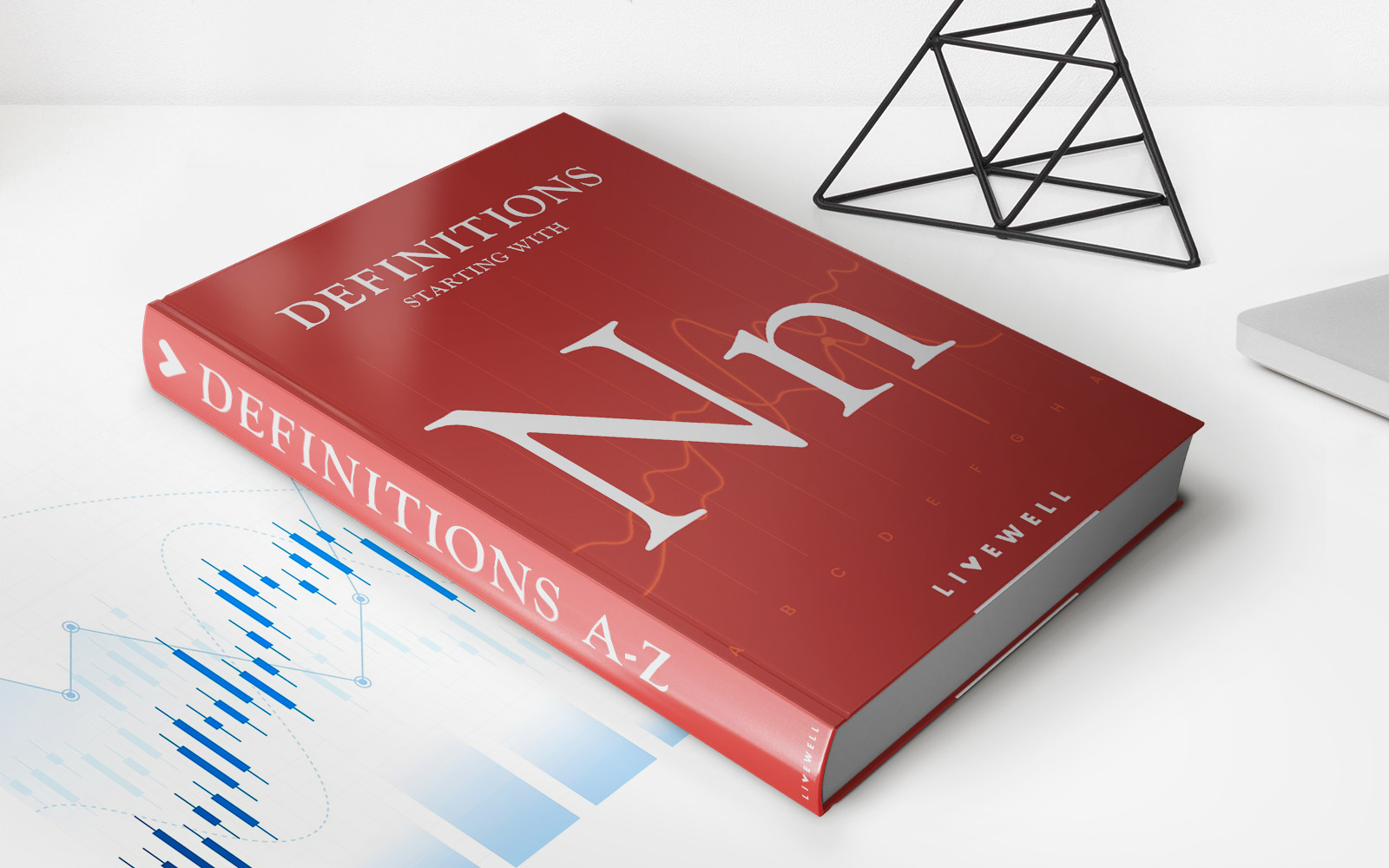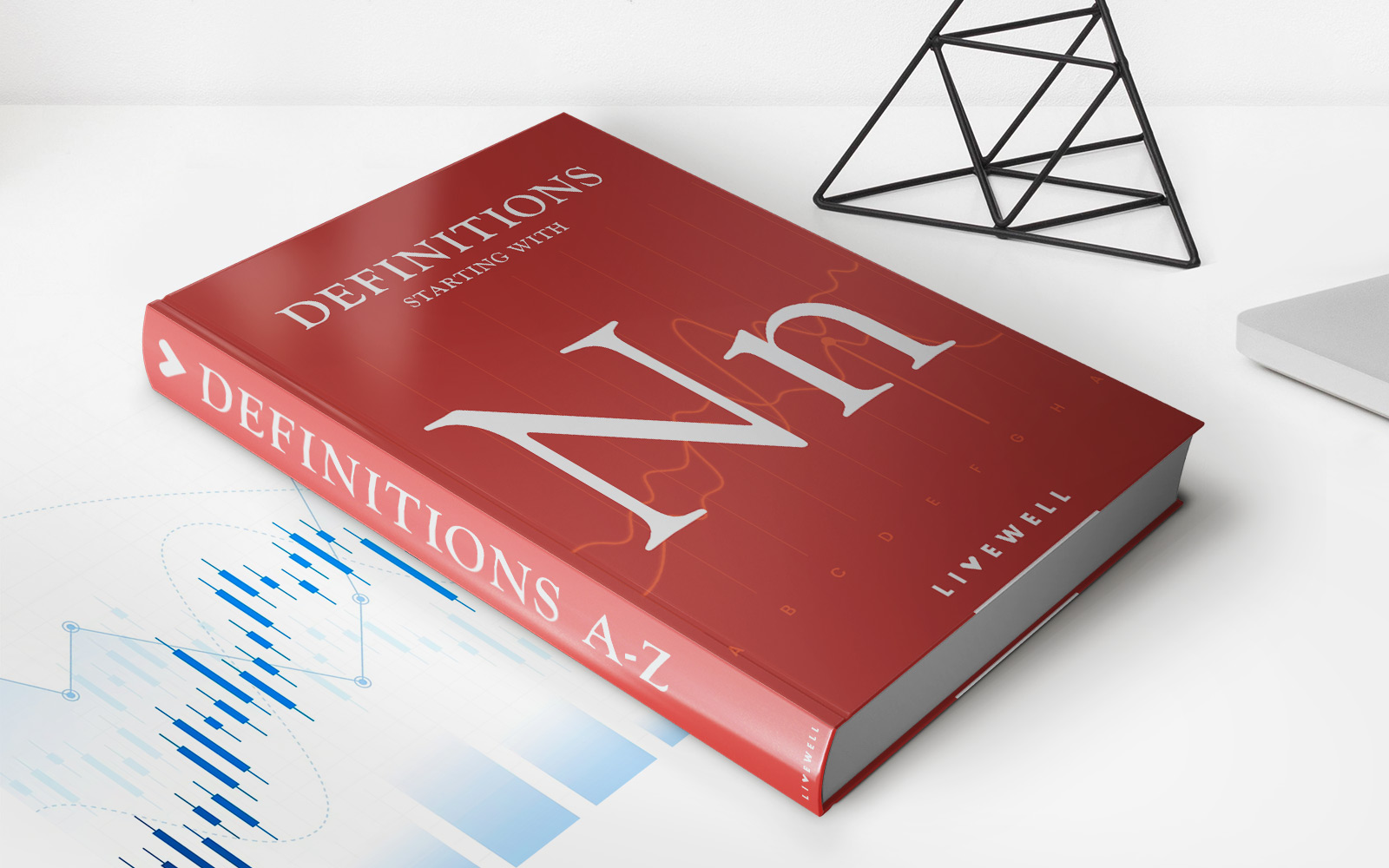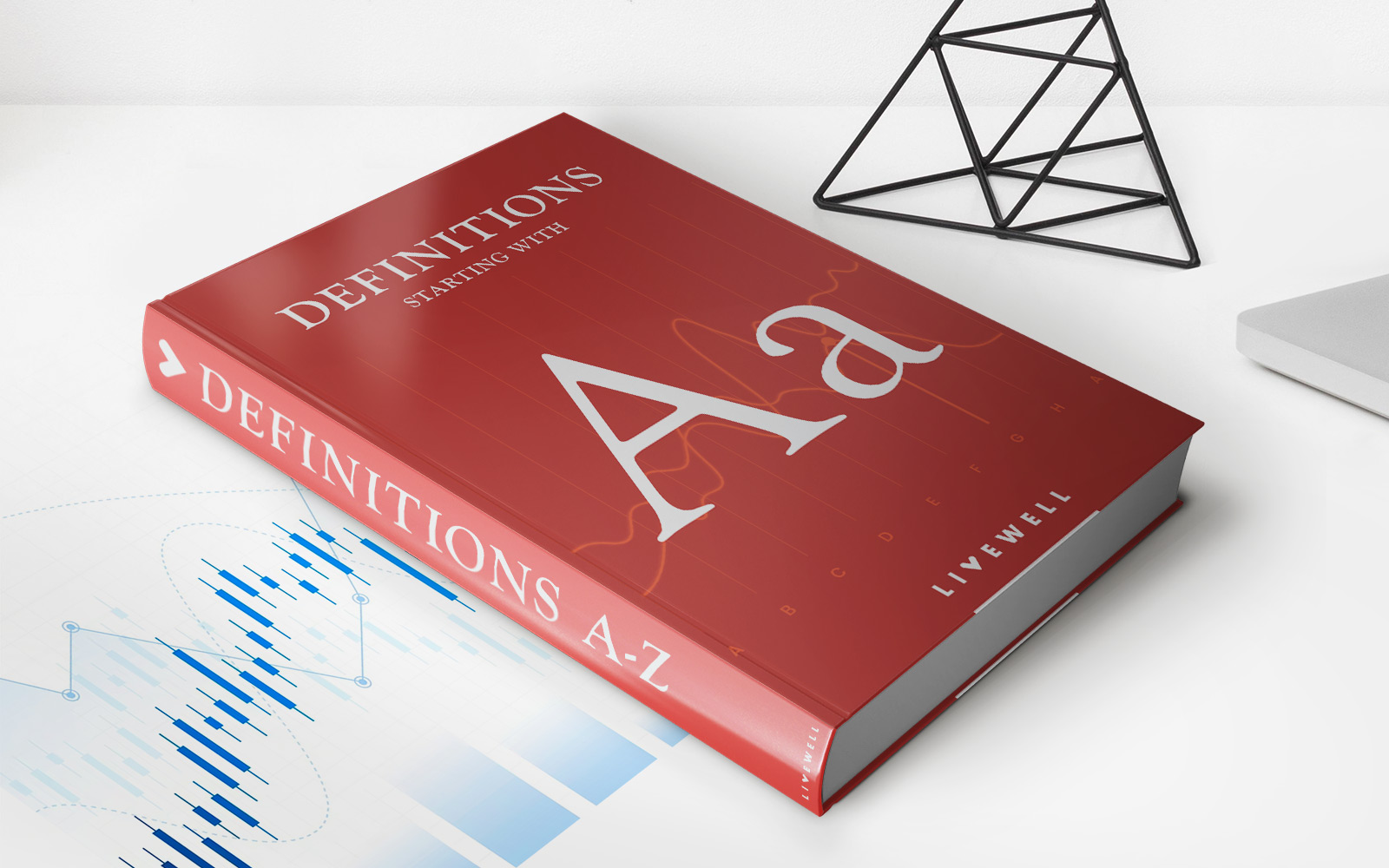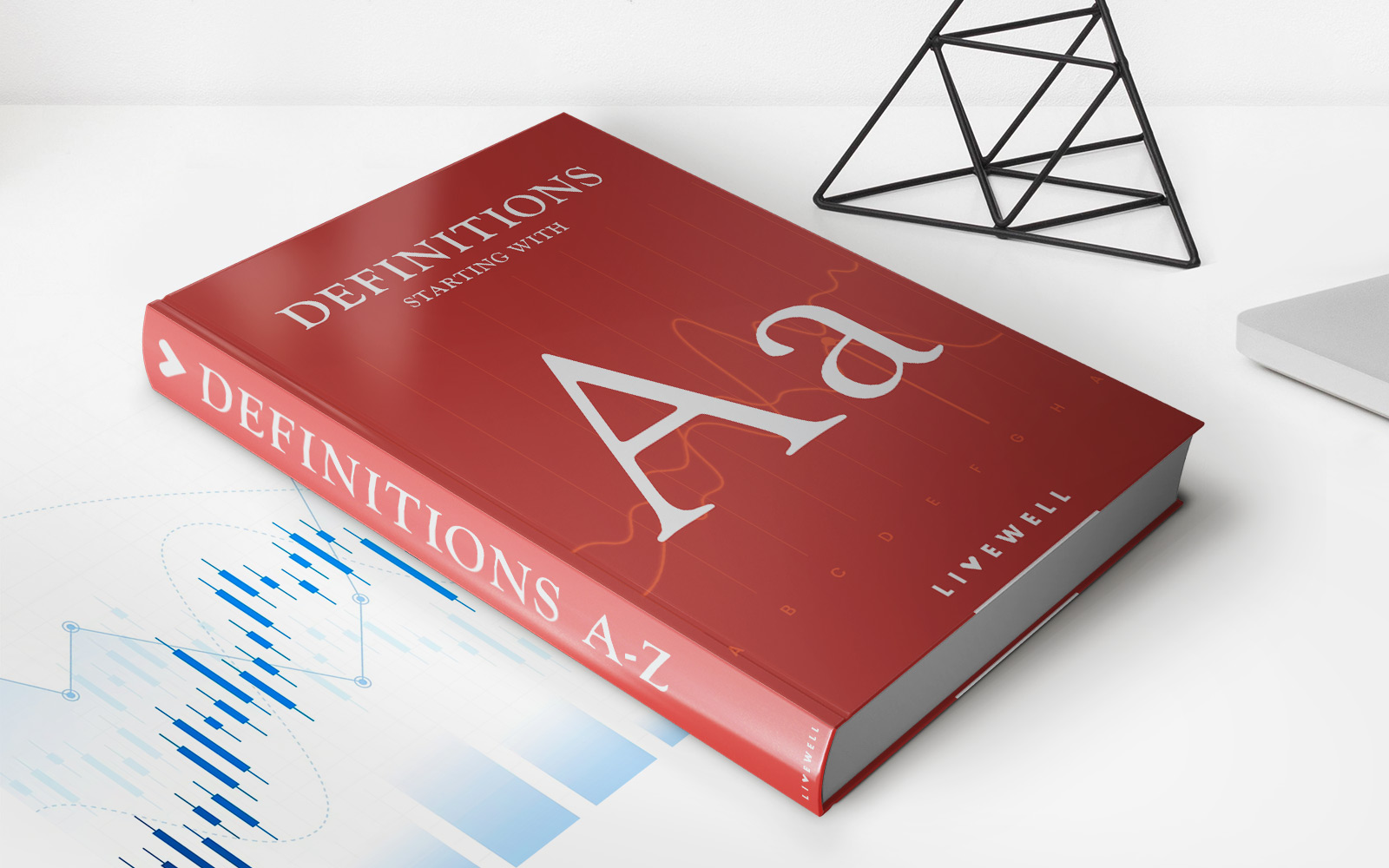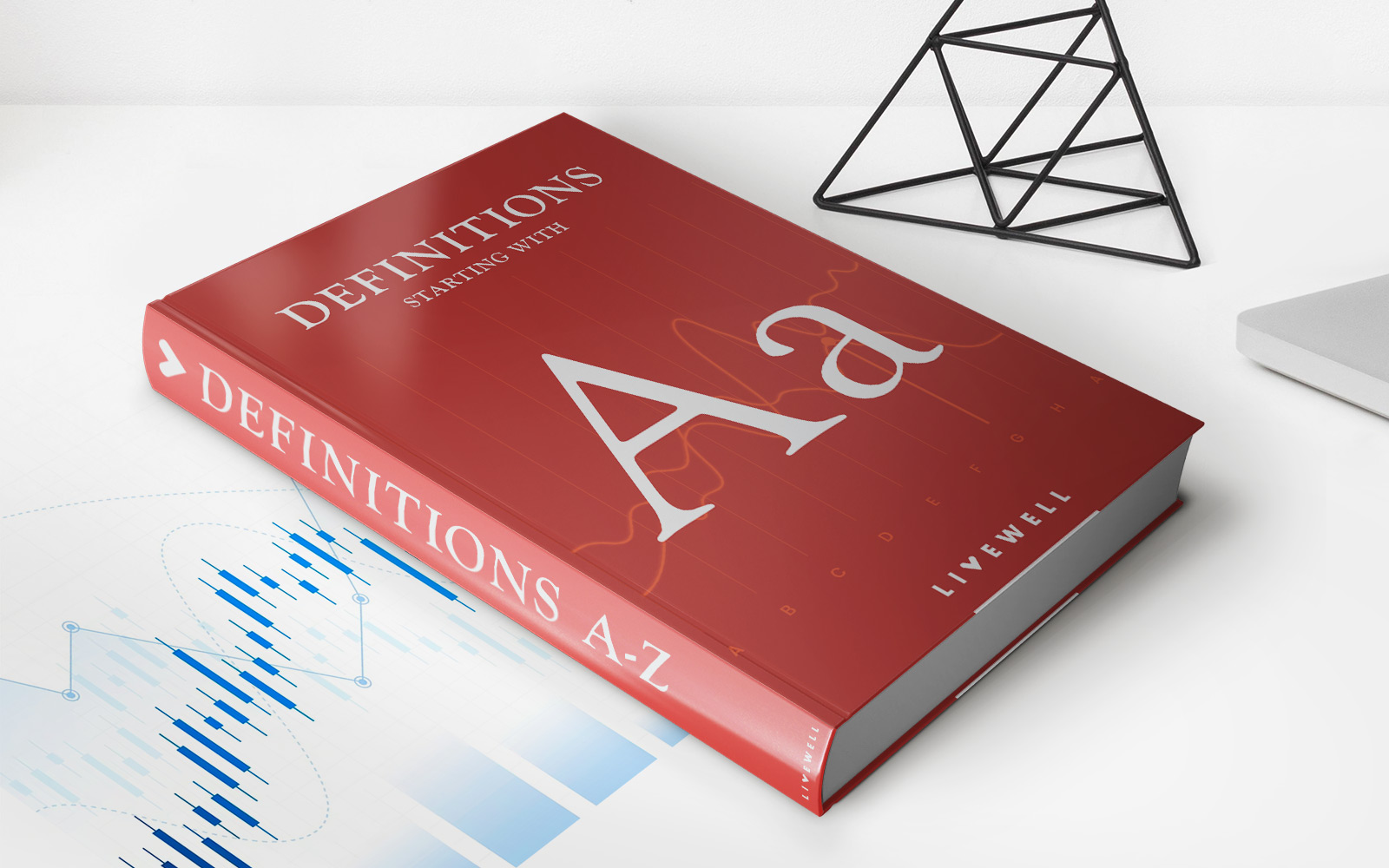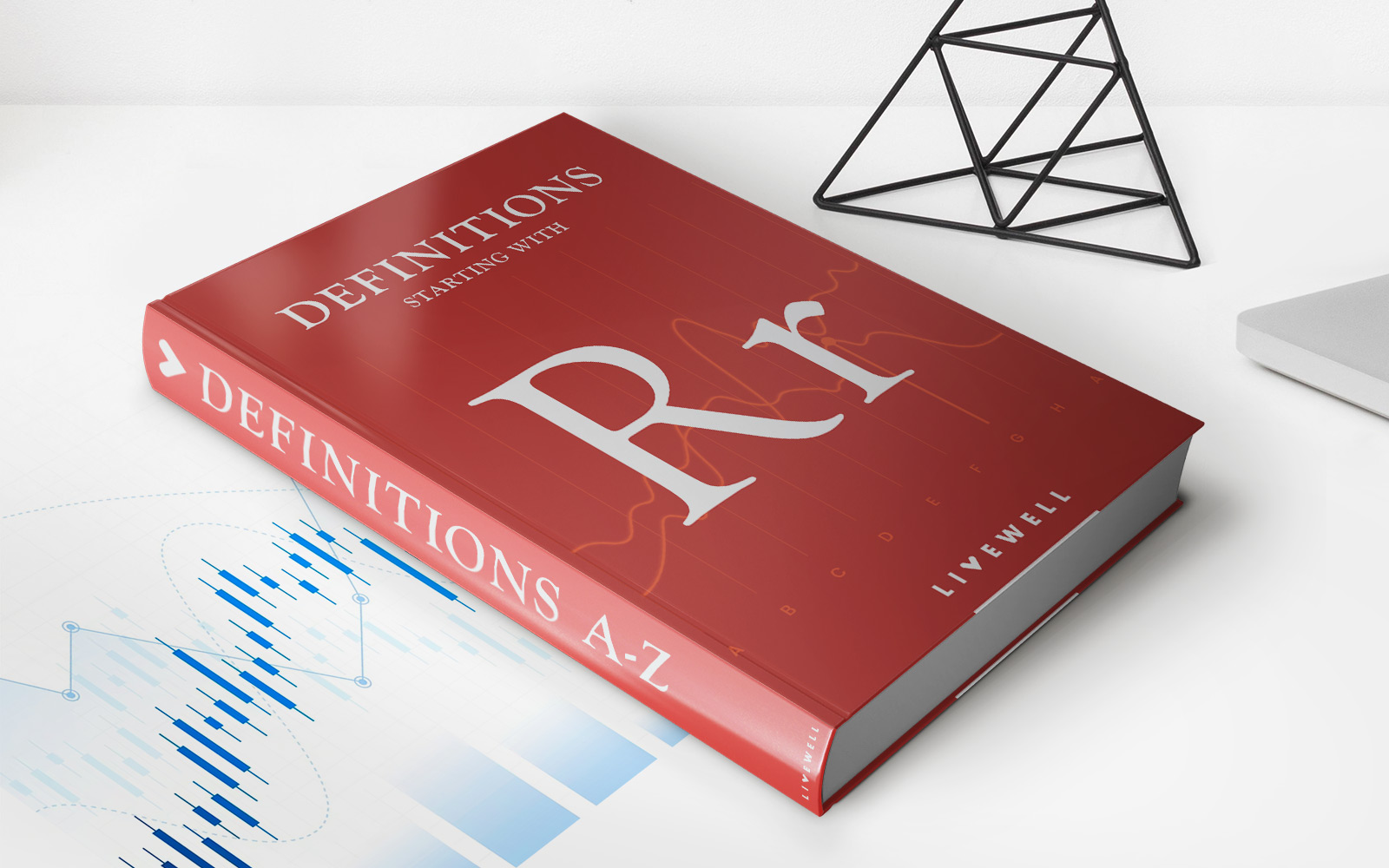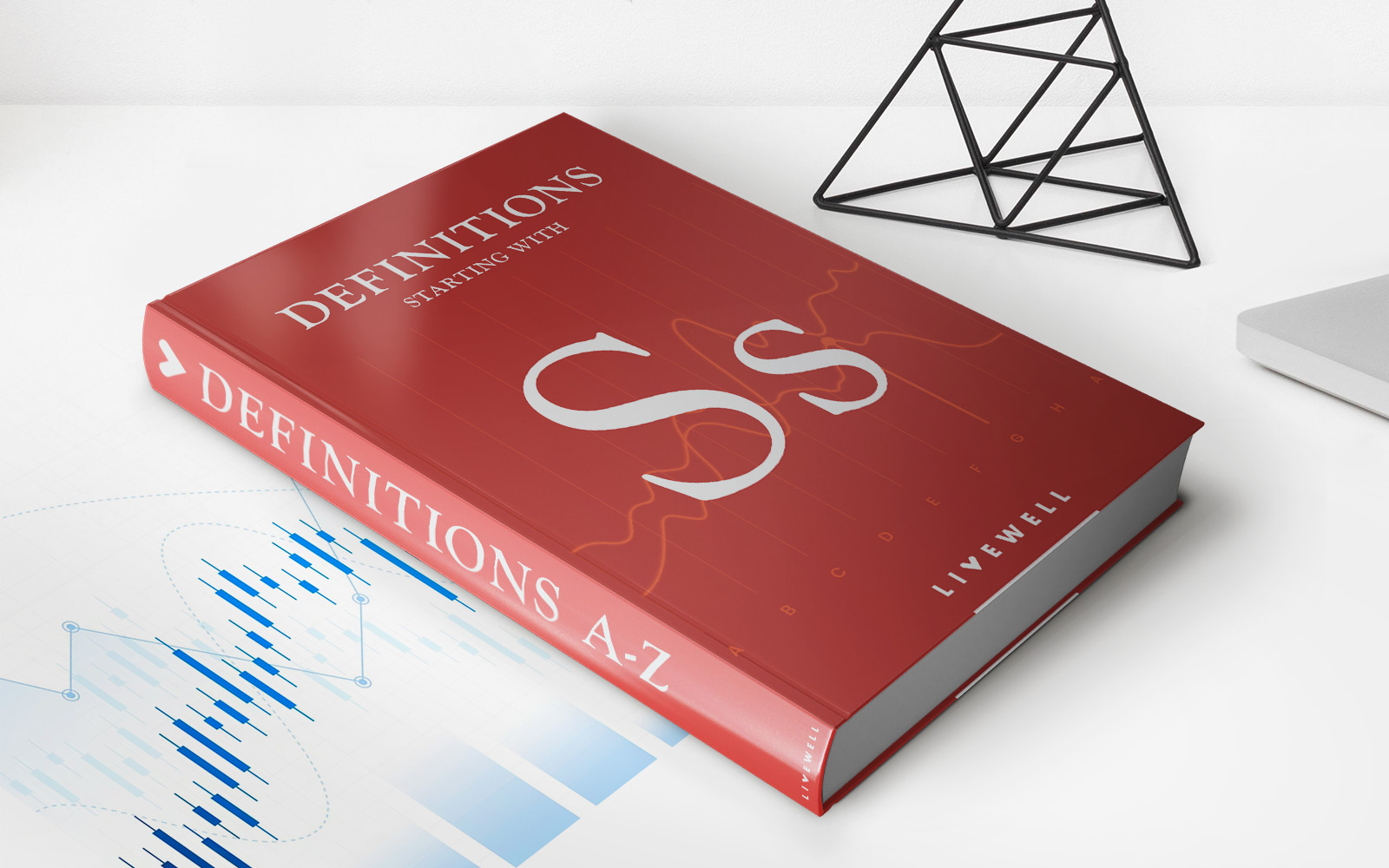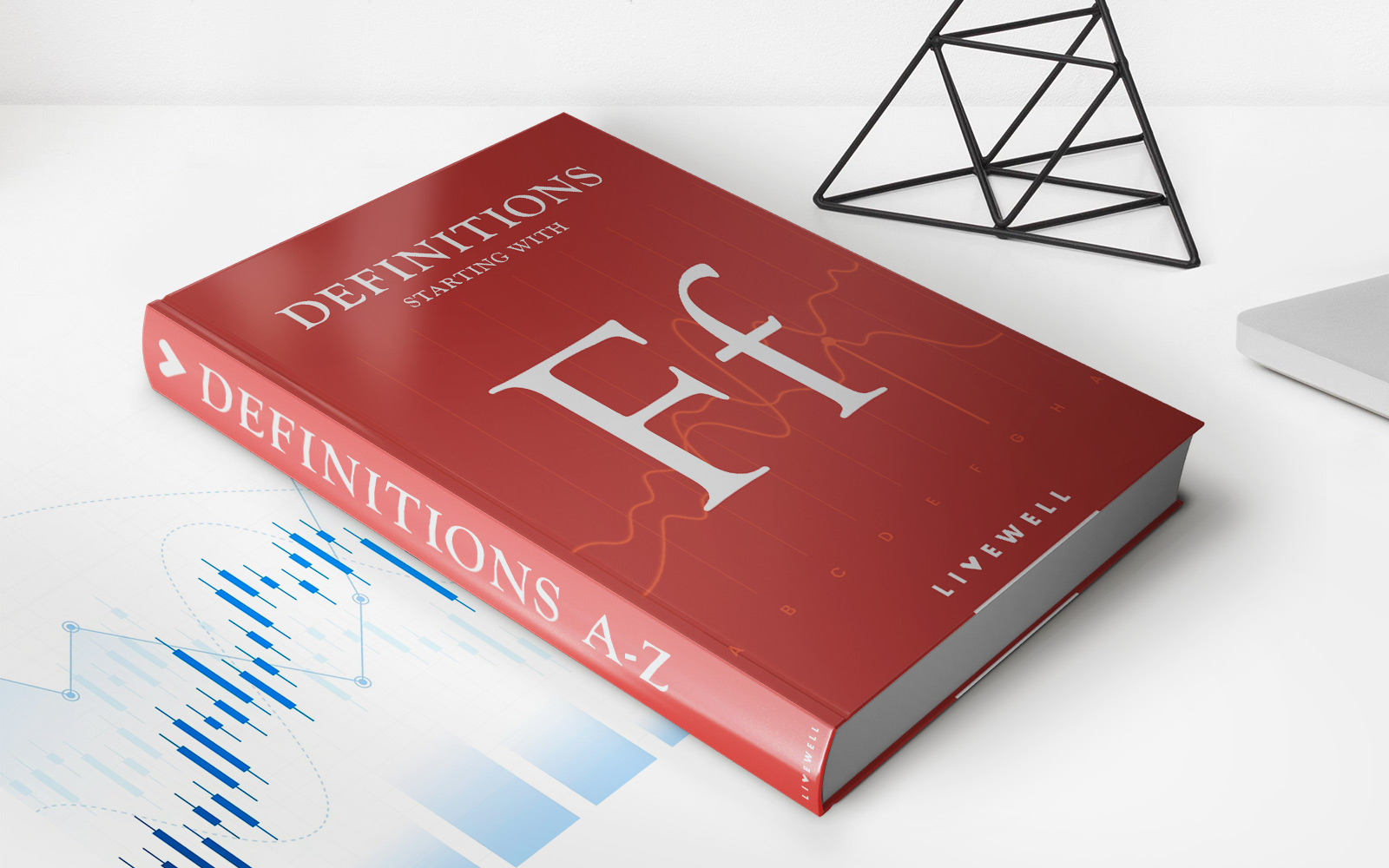

Finance
Covenant Not To Execute Definition
Published: November 4, 2023
Learn about the definition of covenant not to execute in finance and understand its implications in legal and financial matters.
(Many of the links in this article redirect to a specific reviewed product. Your purchase of these products through affiliate links helps to generate commission for LiveWell, at no extra cost. Learn more)
Understanding Covenant Not To Execute Definition
If you are browsing through the “Finance” category on our website, you may have come across the term “covenant not to execute” and wondered what it means. In this blog post, we will dive into the definition of a covenant not to execute and provide you with a clear understanding of this important financial concept. So, let’s get started!
Key Takeaways
- A covenant not to execute is a legal agreement between two parties in a lawsuit, where the plaintiff promises not to enforce a judgment against the defendant in exchange for something of value.
- This agreement can provide financial relief to the defendant and protect their assets from being seized to satisfy a judgment.
What is a Covenant Not To Execute?
A covenant not to execute is a legal contract between two parties involved in a lawsuit. It is essentially an agreement made by the plaintiff (the party who initiated the lawsuit to seek damages) stating that they will not enforce or collect on a judgment obtained against the defendant (the party being sued) in exchange for something of value.
This legal instrument is often used as a way to provide financial relief to the defendant and safeguard their assets from being seized or forcibly sold to satisfy the judgment. In simpler terms, it is like a compromise between the two parties, where the defendant agrees to pay a sum of money or provide some other form of consideration, and in return, the plaintiff agrees not to actively pursue the judgment.
When is a Covenant Not To Execute Beneficial?
There are several situations where a covenant not to execute can be beneficial for both parties involved in a lawsuit:
- When a defendant does not have enough assets to satisfy the judgment amount, the plaintiff may agree to a covenant not to execute in exchange for a partial payment or installment plan.
- In cases where the defendant can demonstrate that enforcing the judgment would cause significant financial hardship, a covenant not to execute may be negotiated to protect the defendant’s livelihood.
- When the plaintiff is uncertain about the collectibility of a judgment, they may agree to a covenant not to execute as a way to ensure they receive some form of compensation rather than risking receiving nothing at all.
Conclusion
A covenant not to execute is a valuable legal tool that allows both parties involved in a lawsuit to reach a mutually beneficial agreement. By understanding this concept, defendants can protect their financial assets, while plaintiffs can secure some form of compensation. If you find yourself facing a lawsuit or considering legal action, it is essential to consult with a qualified attorney who can guide you through the complexities of creating and negotiating a covenant not to execute.
